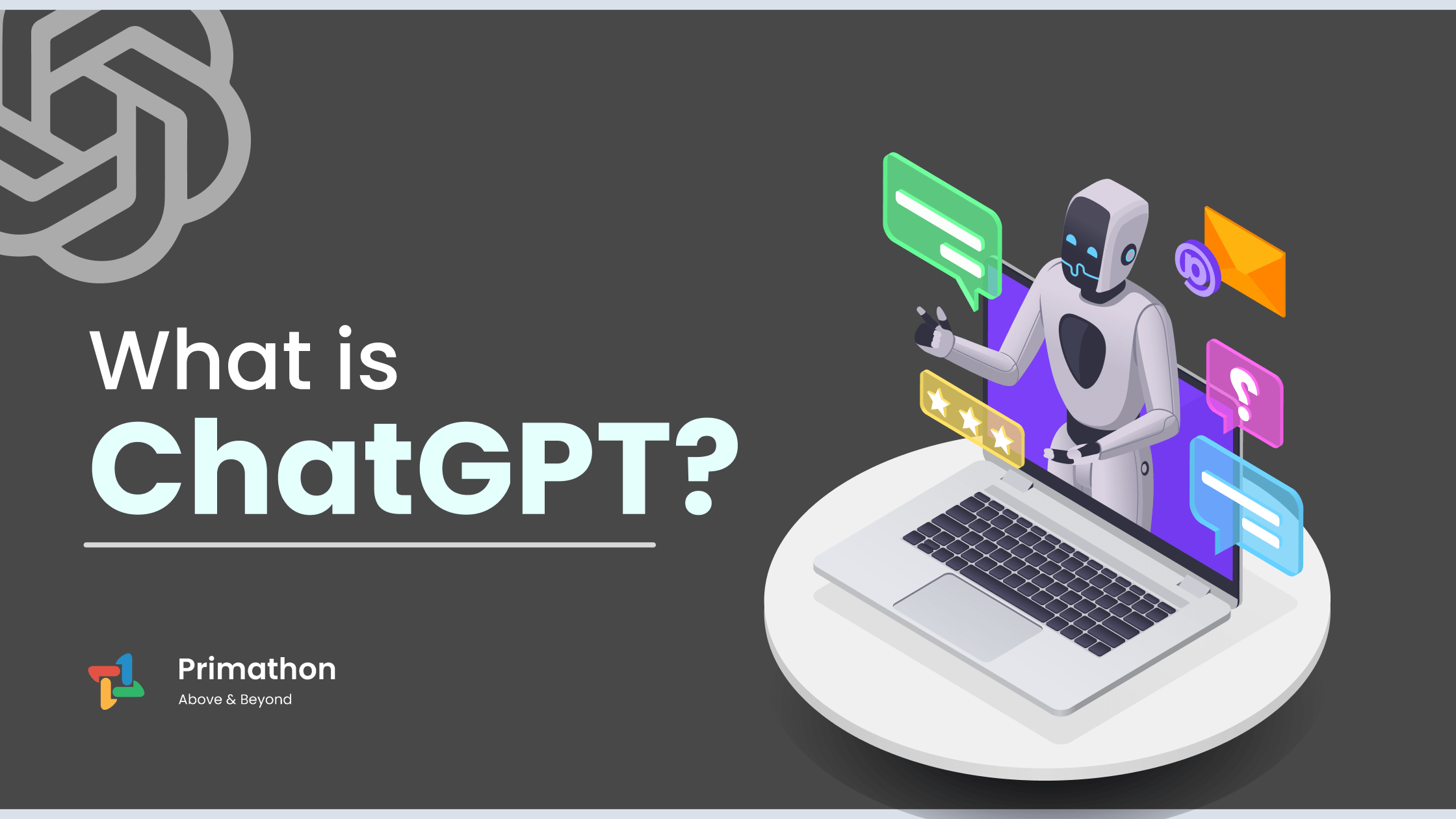
Generative AI in E-commerce: Enhancing Customer Experience and Personalization
In the fast-growing context of e-commerce, The Integration of AI in e-commerce has transformed the turnover paradigms, with generative AI as the driving force. Apart from enhancing personalization, this revolutionary technology also enhances and revolutionizes the customer experience domain. Through the use of AI in e-commerce, and especially generative AI personalization, organizations can predict customers’ behavior with higher levels of precision and, as such, take the AI customer experience to incredible new heights.
Going deeper into the discussion on the specifics of the role of generative AI, this article explores how this change agent can enhance the overall customer experience and personalize the shopping experience to revolutionize e-commerce as we know it.
The Leveraging Role of AI in E-Commerce:
AI in e-commerce, particularly through generative AI personalization, offers a plethora of benefits that significantly enhance the customer experience.
- Personalized Recommendations: In general, generative AI processes all information about the customer to provide real-time recommendations on products they have been browsing, have bought, or might be interested in. This has the added advantage of focusing on certain customers, thus increasing their chances of conversion and ensuring that the company’s customers are happy.
- Enhanced Customer Engagement: Chatbots and virtual assistants, which are backed by artificial intelligence, give 24/7 customer service support with immediate responses to queries. This helps build trust and ensure that customers are very loyal to the particular AI, thus improving the overall AI customer experience.
- Optimized Pricing Strategies: AI makes it possible for there to be dynamic pricing where prices vary depending on demand, competitor pricing, and even consumer behavior analysis. This helps to maintain the right price levels and capture the maximum amount of consumer revenues while offering consumers fairly good and competitive prices.
- Predictive Analytics: AI in e-commerce platforms helps the online stores be able to have fixed long-term trends, future hurdles, and customer requirements. The proactive response helps businesses position themselves in a competitive market and make fast adjustments to the strategies in place.
- Streamlined Operations: Some of the ways that AI is used in this supply chain sector include in tasks like stock control, ordering of goods, and logistics functions. It also helps in cutting operational expenses, containing errors, and enabling firms to direct their efforts towards more value-added and client-oriented processes.
- Improved Search and Navigation: AI-powered search engines make the use and appeal of shopping simpler because it is easy to get relevant results even if the typed keywords are laughing or incorrectly spelled. This way, customers are able to locate what they are searching for within the shortest time possible.
- Personalized Marketing Campaigns: This field involves the use of AI in customer data analysis to develop suitable marketing communication appeals that are effective for small, select niches of the target audience. It is very effective in marketing as it enhances the engagement rates of the product being branded.
To sum up, this paper establishes that AI in e-commerce, and particularly generative AI personalization, helps businesses give their customers what they want and need, thus establishing the value of AI in the various e-commerce industries.
AI Customer Experience: The New Era of Advanced Interactions
AI brings about improvements in customers’ experiences in some of the following areas pertaining to e-commerce: Here are the key ways AI achieves this:
- Generative AI Personalization: AI communicates with the customer through the pattern of data collection and creates suitable client experiences. This entails such things as the use of product suggestions, targeted and localized promotional campaigns, and an individualized and targeted approach to sales based on past actions and interests.
- 24/7 Customer Support: Conversational AI in the form of chatbots and virtual assistants gives immediate answers to customer inquiries and concerns without having to wait for business hours. This accessibility enhances the experience of a client through faster and more efficient problem-solving periods.
- Improved Product Discovery: The use of AI algorithms improves search operations, especially the aspect of natural language processing as well as contextual clues. This helps the customers easily and faster find the products they want to purchase, thus improving the customer experience.
- Predictive Analytics: The capability of understanding the information as a whole and future tendencies of the customer base is another strength of AI since it uses historical data for the forecast. Any business can use it to predict customer needs, manage stock, and target services to customers to increase satisfaction and brand loyalty.
- Enhanced User Interfaces: To arise with new ideas AI improves usability by adapting the layout of the web site to personal needs, suggesting the most interesting material, and ‘directing’ the user to different sections of the site in accordance with his or her profile preferences. This improves the buyer experience and the overall buying process since it eliminates some of the hitches.
- Optimized Pricing and Promotions: AI uses trends, competitors’ prices, and customer information to adjust prices and develop promotion strategies. This helps in maintaining competitive prices and, thus, making its customers happy.
- Fraud Detection and Security: AI routines are also able to recognize suspicious behaviors and out-of-the-ordinary events in transactions, thus improving the security and detection of fraudulent transactions. This is unarguably a way of gaining the confidence of the customers.
- Feedback Analysis: AI collects data from different sources (social media, reviews, surveys, etc.) to get information about customer experience and their satisfaction level. This saves an organization the agony of swapping unsavory service deliveries to the consumer, since the procedure is constant and under strict assessment throughout a particular period.
In conclusion, AI enhances customers’ experiences through the utilization of different options, which include personalization of client relations, support services, operations, satisfaction, and lastly, organizational loyalty. Thus, with the continuous growth of AI’s role, the significance of its presence in the customer experience of various industries will be further amplified and constructive.
Conclusion:
Therefore, the paradigms of customer experience change through the integration of AI in e-commerce, more so by using generative AI personalization. By applying sophisticated computations to present targeted suggestions, manage processes, and engage the audience, companies can build stronger bonds and customers’ trust. It is not only capable of serving customer expectations proactively, but it also strengthens and progresses the operation of online selling. Hence, as AI advances on its forward path, updating an ideal AI client experience will be of paramount importance, as will setting standards for e-commerce success.





